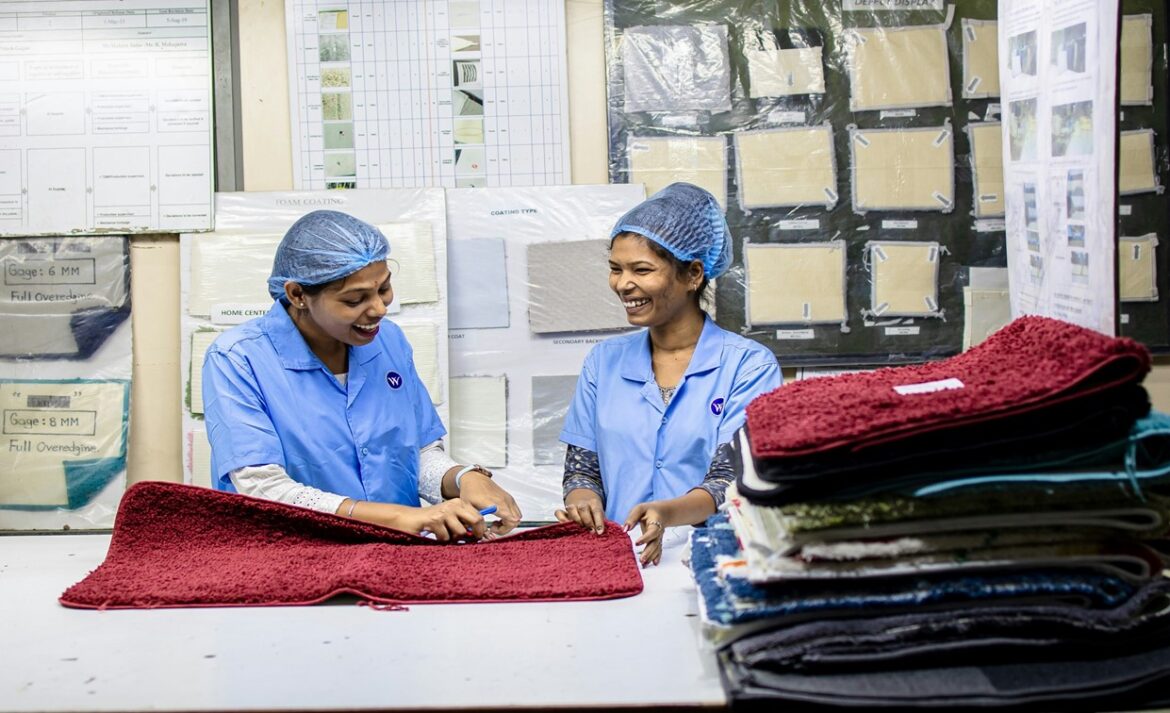Twelve years after the tragic Rana Plaza collapse, Bangladesh’s apparel industry has redefined its global image. A new report by the Center for Media and Peace Initiatives (CMPI), titled Beyond the Stereotype: Rethinking Bangladesh’s Textile Industry, highlights the country’s transformation into a global benchmark for ethical, sustainable, and resilient garment manufacturing. Bangladesh now boasts 240 LEED-certified green factories—more than any other nation—with 98 holding platinum status, solidifying its leadership in sustainable industrial practices. The shift toward environmentally responsible production is just one part of a broader movement reshaping the sector. Labor rights have also seen major improvements. In 2012, fewer than 300 garment worker unions were registered. As of 2025, that number has grown to over 1,300, indicating stronger labor representation and increasing worker empowerment across the sector. Over 56,000 factory safety inspections and 140,000 workplace upgrades have directly improved conditions for more than 2 million workers. The CMPI report urges global brands, policymakers, and the media to move beyond outdated narratives of “According to Taiwo Meghoma, one of the report’s contributors, Bangladesh has put in significant effort to tackle worldwide issues.” “It’s time the world rethinks how it engages with sourcing countries.” The report also spotlights gender equity gains, with thousands of women promoted to supervisory and technical roles previously unavailable to them. These advancements have helped push apparel exports to $38.4 billion in 2024, making Bangladesh not only resilient but also a preferred sourcing destination amid global supply chain instability. Dr. Uchenna Ekwo, the report’s lead author, adds: “Bangladesh is no longer just ready to compete globally—it already is. What is required at this moment is a change in the way sourcing strategies and policies represent the current situation in Bangladesh, rather than the version from ten years ago. In an era challenged by supply chain disruptions and climate pressures, Bangladesh’s apparel sector is standing out as a model for ethical, scalable, and sustainable industrial growth. The CMPI’s findings invite the world to not just recognize this progress—but to learn from it.
Bangladesh Emerges as Global Leader in Ethical Garment Making
71


